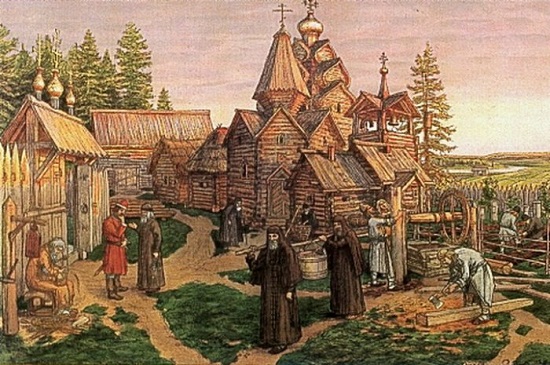- Anthropological and genetic studies have shown that people who lived on the East European Plain, located in Russia, were probably the ancestors not only of Russians, but also of most Europeans.
- The origin of the name of the country is unknown, since ancient times it was called «Rus», but no one knows where this name came from. But it is known how «Rus» turned into «Russia» — this happened thanks to the Byzantines, who pronounced the word «Rus» in their own way.
- People of the Homo Sapiens species lived on the territory of Russia more than 50 thousand years ago, when most of Europe was still covered with ice. These historical facts have long been confirmed by archaeologists.
- In Russia, grasshoppers were called dragonflies. Nobody confused these jumpers with flying insects, they just chirp very loudly.
- For three whole centuries, Russia ranked first in sobriety among all of Europe. In the period from the 17th century to the beginning of the 20th century, intoxicating drinks contained no more than 6% alcohol. And even despite this, the wine was diluted with water, like the ancient Greeks.
- Have you ever thought about who first introduced the concept of » dacha»? In most foreign languages, this object is called that way, «dacha». The first dachas were given to subjects of Peter the Great as a reward for their services. The suburban area made it possible to experiment with architecture, without being embarrassed or afraid to spoil the appearance of the city.
- In 1924, a beluga fish was caught in the Silent Pine River, the weight of which was 1227 kg, and in its belly there were 245 kg of black caviar. This case is listed in the Guinness Book of Records as the fact of harvesting the most expensive fish in the world. In our time, the cost of this caviar would be about 300 thousand dollars.
- Cities appeared on the territory of Russia more than 4 thousand years ago. When it comes to the ancient states, everyone immediately remembers Rome, Greece and the interfluve. However, a number of historical facts testify that a vast «country of cities» existed in the Urals 4000 years ago. To be continued.

